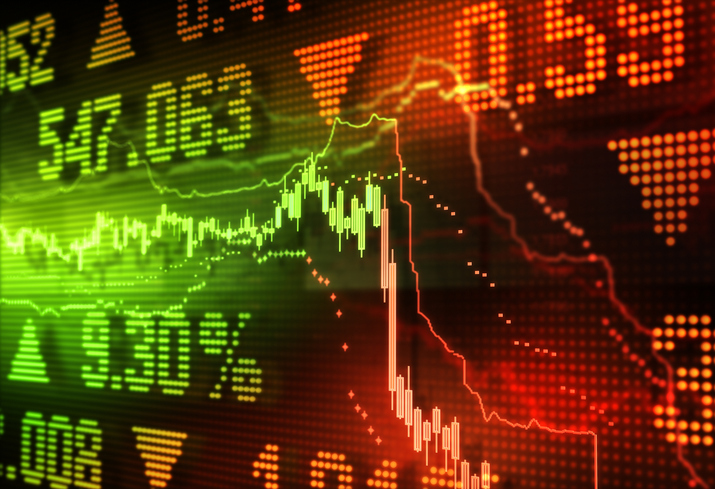Following the recent correction across world stock markets, many investors may be feeling somewhat cautious about the prospects for their portfolios. After all, the falls in indices across the globe had not been seen for a decade or more and showed that things can quickly change in the world of investing.
Of course, the fact that share prices fell heavily should not come as a surprise. Asset prices have always been volatile, and this can follow relatively calm periods of time. The same could be said about recessions, with them occurring faster and being deeper than many people realise until after the event.
A positive future?
Looking ahead, the chances of a recession occurring for the global economy over the next decade are relatively high. That’s not to say that a recession is imminent, but rather that history shows recessions occur more frequently than many investors may realise. And with the global economy having performed well since the last recession started around ten years ago, a 20-year period without a recession would be relatively unusual.
Clearly, though, the world economy is performing well at the moment. GDP growth across the developing and developed world is relatively high, and this is spurring share prices upwards. Pro-growth policies in the US, such as higher spending and lower taxes, as well as continued loose monetary policies, mean that confidence is high and growth forecasts are still very positive.
Transitionary period
This situation, though, may not last over the long run. The world economy is set to experience a period of intense change in future years, as the stimulus policies of the past are gradually removed. This process has already begun in the US, but Europe continues to adopt an extremely accommodative monetary policy. Its removal at a time when political risk remains high ahead of Brexit could cause the world’s economic growth rate to come under pressure.
Furthermore, the pace of change could be much faster than the world is currently expecting. Already, there are signs that inflation in the US may end up being higher than previously expected. Lower taxes and higher spending are likely to have a positive effect on inflation over the medium term. They could prompt the requirement for a higher interest rate than is currently being priced in by the market. And with a more hawkish monetary policy likely to have a negative impact on GDP growth, it could send the world into a period of negative growth.
Human emotions
Of course, while history never perfectly repeats itself, there is always one constant when it comes to economic performance. People’s emotions never change, with them usually overreacting to changing news flow.
Therefore, just as stock markets across the globe have hit record highs on the potential for higher growth, they may fall significantly in future years as investors sense that a recession may be coming. As such, it may be prudent to keep some cash on hand in case bargain share price present themselves.








